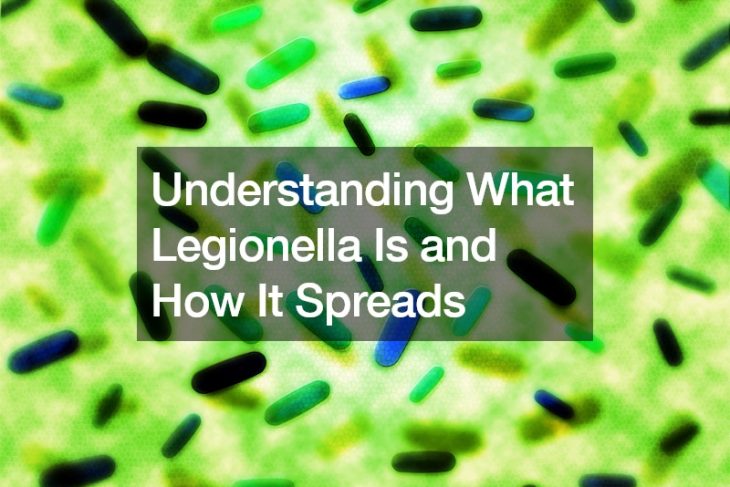
 Chicago and Paris. Two very different cities, located halfway across the world from each other, but inexplicably tied together after the recent terrorist attacks in France.
Chicago and Paris. Two very different cities, located halfway across the world from each other, but inexplicably tied together after the recent terrorist attacks in France.
Chicagoans visiting Paris were “ordered… not to leave the city and confined to their apartments and hotels” on Nov. 14, according to the Chicago Tribune, while Parisians in Chicago visited the French consulate on Michigan Avenue, “anxious for answers,” only to find it closed.
Both situations were a result of the Friday, Nov. 13 gun and suicide bombing attacks throughout Paris which left over 120 dead and over 300 injured. The Islamic State (ISIS) claimed responsibility for the coordinated attacks shortly after the streets of Paris were closed off and residents were told to stay inside.
Some Parisians in Chicago are college students who traveled overseas for a semester abroad; others have been living in the city for years but still consider Paris to be “home.”
On Saturday evening, Parisians and Chicagoans alike came together at the Michigan Ave. embassy to light candles and hold an informal vigil. More vigils followed, as ABC News 7 reported, and the Notre Dame de Chicago on the West Side of the city became a gathering spot for hundreds.
Other Americans worried about their friends and family members who had been visiting Paris at the time of the attacks; although France sees over 300 million visitors each year, there is no city quite like Paris and no better time to visit than during the holiday season.
But Chicagoans showed even more compassion by opening up their homes to stranded Parisians who were unable to find flights back to France after the attack. Using the hashtag #StrandedinUS, local residents were able to get in touch with travelers who needed a place to stay until France opened up its borders.
While this hospitality couldn’t provide the same amount of comfort as being home with one’s loved ones, Chicagoans proved yet again that the city is one of great compassion and understanding.













